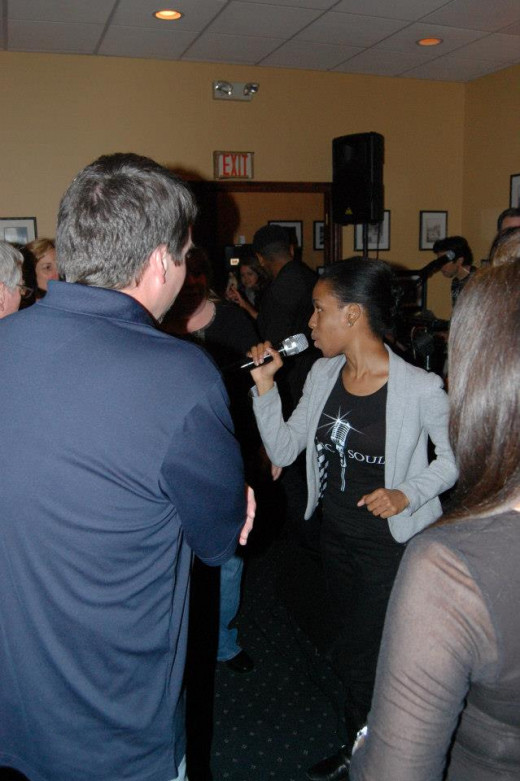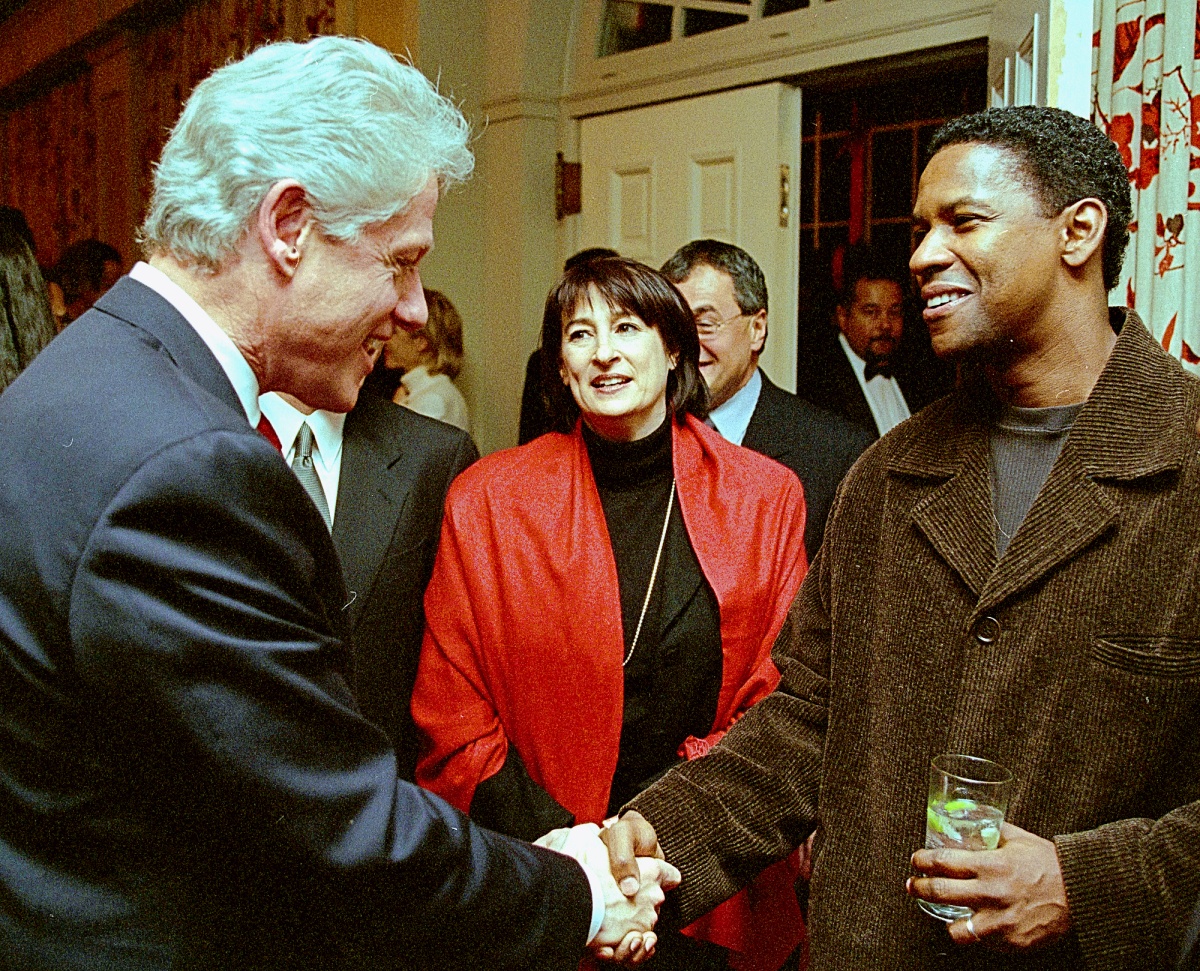How To Be A Better Singer Starting Right Now

Have you ever had a vocal coach?
Singing takes more than vocal ability and sometimes to improve your voice you will need to improve your other skills, mainly the way you listen. Your perception of sounds will greatly dictate how you deliver sound. Imagine if William Hung from the American Idol auditions years ago was to improve the way he heard the sounds he and other people were making. Chances are that he would either train harder and with a coach or he would stop singing all together ...but with his lovely spirit I'm sure he would just go with the first option. Before I digress, here are some things anyone can do from whatever place they are in their musical journey!
1. Listen To Other Singers
Part of singing requires excellent listening skills. One of the best ways to train your ear for singing is to listen to other great singers. The classic opera artists are great to listen to because of their pinpoint accuracy and effortless execution of every note they sing. It may seem funny at first if this is new to you but listening to singers with such precise pitch, tonality and always in key will help you to better recall anything you need to know and feel while singing.
It will help to train your ear or re-train your ear to know when you should be using your head voice or your chest voice. It will allow you to hear when you should breath. You'll sort of enhance your singing skills through osmosis when you listen to other singers. Two of my favorite's to listen to are Leontyne Price and Jessye Norman.
2. Practice Without Music
After you have listened to the classic singers, see how much of what they have done has stuck with you. Practice your normal warmups and your music with the techniques they used in mind. When you have finished your warmup and it is time to practice your songs, do it at least once without the music. This way you will be able to hear clearly what you are doing and what you need to improve on and not get lost in the instrumentation. It has the affect of looking in a mirror, you will see any and all blemishes you didn't see in a picture.
3. Record Yourself
Once you've taken some time to listen to other artists listen to yourself. Listen to past recordings and videos that you have taken of yourself and compare it to the singers you have studied. If you've made enough time and effort listening to other singers than some mistakes you make will likely just jump out at you. This makes it easier for you to remember any changes you need to make the next time you are singing.
4. Know That Your Power Is Not In Your Volume
You may have done all of these things and notice there is still something not quite right with your voice still or you find yourself getting tired quickly after or during a challenging song. Two of the reasons this may be happening is either you may not be used to using your diaphragm correctly and are building that muscle back up or you are not singing from the correct place. When you sing you should be allowing air out of your diaphragm and not pushing it out in an effort to be louder. The power in your voice comes from your diaphragm not your throat or nose or forcing yourself to sing louder. If you do find yourself doing that, you should stop and begin to concentrate on where your sound should be coming from. Decide whether or not you should be using your middle, head or chest voice, lift from your diaphragm and let the sound out.








